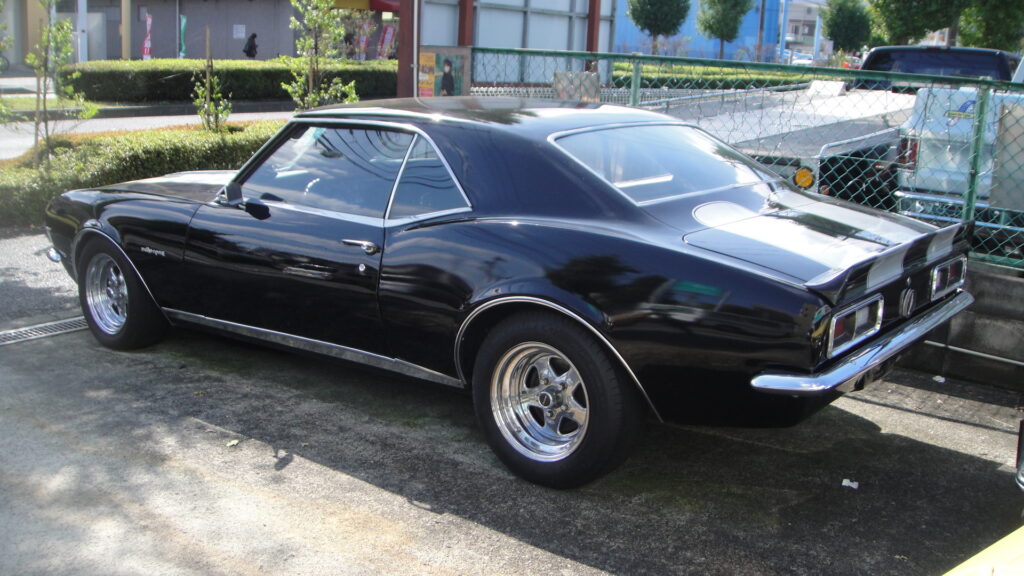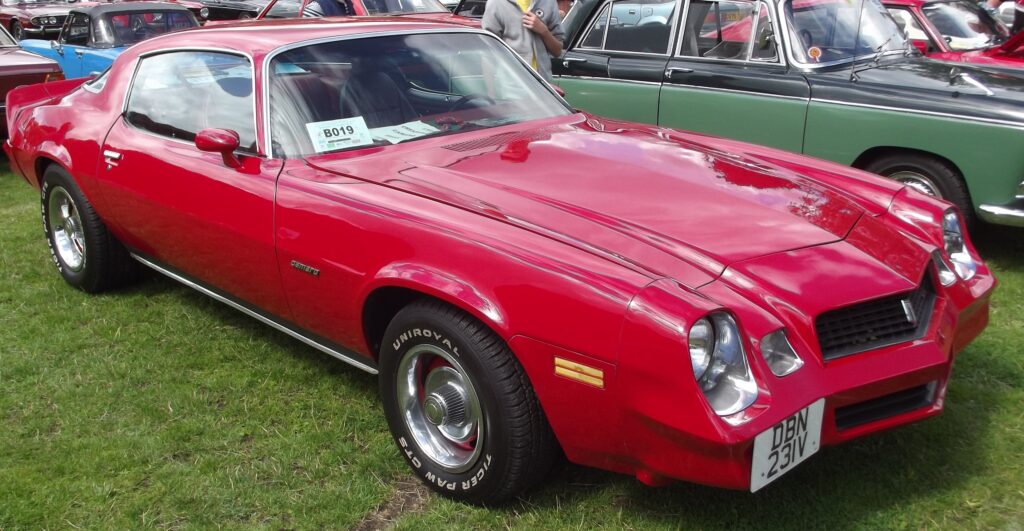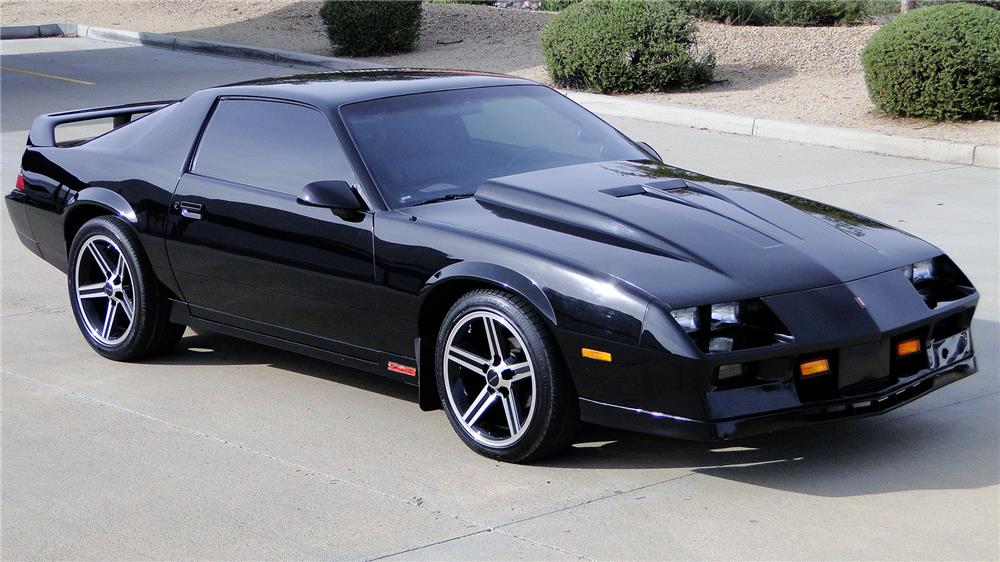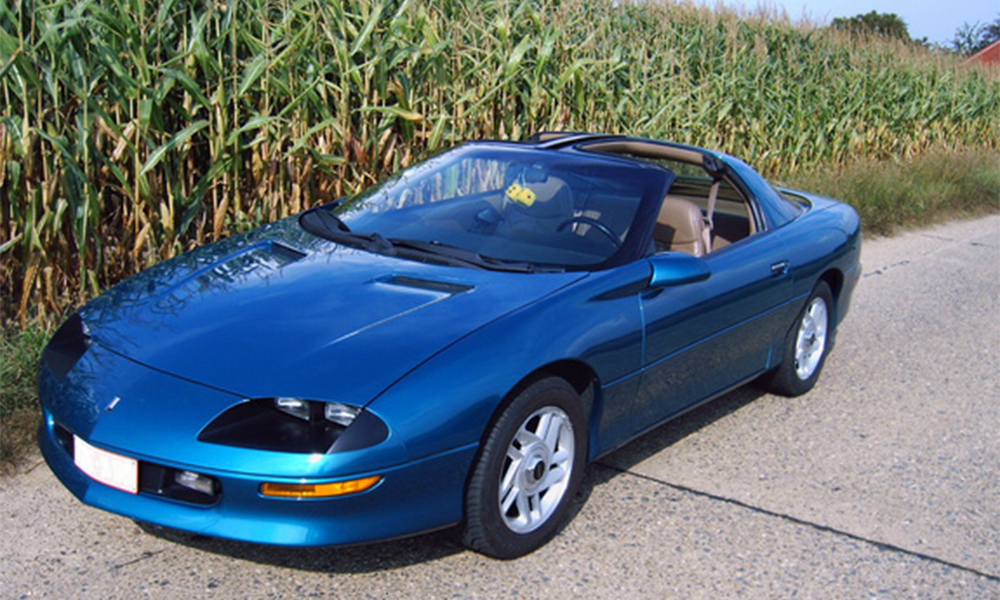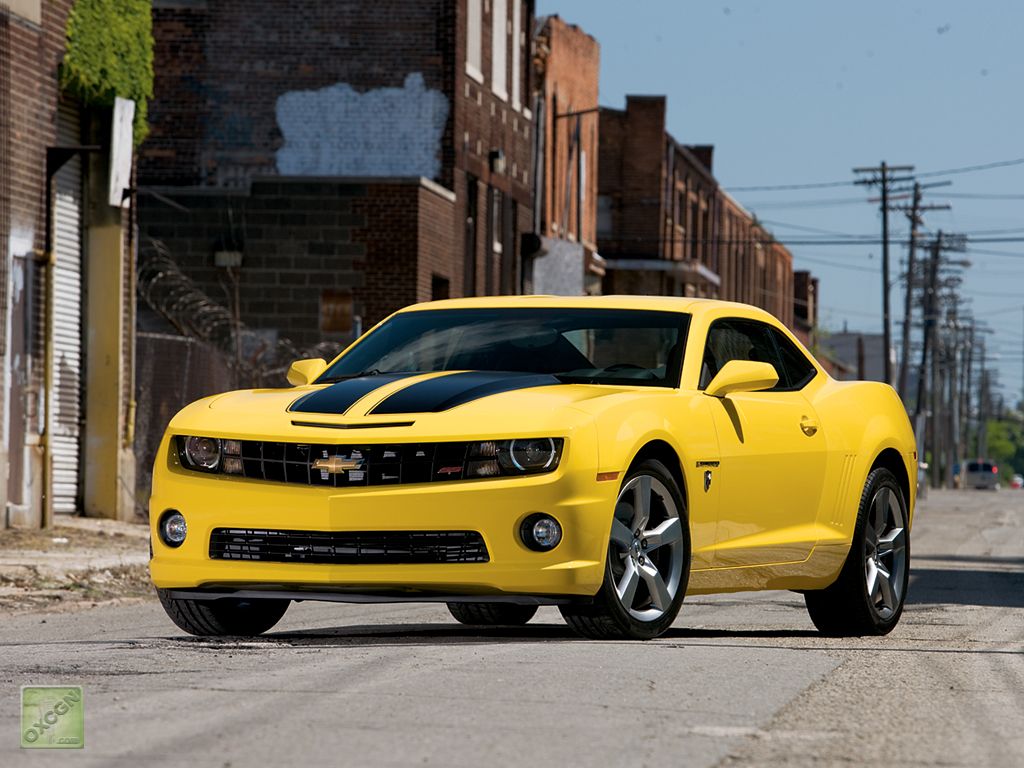Contents
Chevrolet Camaro Review
The 2022 Chevrolet Camaro is one of the most iconic muscle cars on the road. It has been in production since 1966 and is known for its performance and styling. The Camaro began as a pony car but has evolved into a powerful sports car. It is available in a variety of body styles, including a convertible, coupe, and sedan. The Camaro is powered by a number of engines, including a six-cylinder engine and an eight-cylinder engine.
Chevrolet Camaro Design
The Camaro is an iconic car that has been around for many years. It has a sleek design with features that make it an enjoyable drive. The Camaro has a V6 engine that makes it fast and powerful. It also has features like a head-up display and climate control that make it convenient to use.
Chevrolet Camaro Performance
The Camaro is a well-known Muscle car that has been around for many years. It is known for its high performance and the fact that it can handle rough roads very well. The Camaro is also a popular choice for those who want to buy a car that will last them for many years.
Chevrolet Camaro First Generation
The Chevrolet Camaro is an American sports car that was first manufactured by Chevrolet in 1966. It was one of the most successful cars of its time and has remained a popular choice for drivers and collectors ever since. The Camaro is available in a wide range of variants, each with its own unique character and capabilities. Whether you’re looking for a powerful muscle car or something more subtle and understated, the Camaro has you covered. The Chevrolet Camaro is one of the most iconic sports cars of all time. The Camaro has been around since 1966 and has seen a lot of changes over the years. Chevy has come out with many different versions of the Camaro, including the Z/28, SS, and LT1. The Camaro is known for its performance and style. The Chevrolet Camaro is one of the most iconic muscle cars on the road. Known for its high-performance and sleek design, the Camaro has been a mainstay in the American automotive industry for over 50 years. With its strong build and excitement-provoking performance, it’s no wonder why this car continues to be a top choice for drivers everywhere.
Chevrolet Camaro Second Generation (1970-1981)
The second generation of the Camaro ran from 1970 to 1981. It was a time of change for Chevrolet and for the Camaro as well. The Camaro had undergone a design revamp in the late 1960s that made it more aerodynamic and powerful. As a result, the second generation was much faster and more agile than its predecessor. The engine options were also improved, with engines available in both V8 and V6 configurations. Sales of the Camaro reached their peak in this generation, with over 164,000 units sold in 1981 alone.
Chevrolet Camaro Third Generation (1982-1992):
The third generation of the Camaro was produced from 1982 to 1992. The cars were available in both coupe and convertible body styles and came with a V6 engine or a V8 engine. The third-generation Camaros were popular among performance enthusiasts because of their high-performance engines and sleek designs.
Chevrolet CAMARO Fourth Generation (1993-2002)
The fourth generation of the Camaro was produced from 1993 to 2002. The car was redesigned for the 1994 model year, with a new body and chassis. Improvements included a more efficient V6 engine, revised suspension, and larger brakes. The fifth-generation Camaro was produced from 2006 to 2012.
Chevrolet CAMARO Fifth Generation (2003-present)
The fifth generation of the Chevrolet Camaro was introduced in 2003. The Camaro is a sports car that is available in both coupe and convertible body styles. It has a V6 engine that produces 265 horsepower and 260 pound-feet of torque. The Camaro has an automatic transmission and front-wheel drive. It has a curb weight of 3,793 pounds. The Camaro is available in either silver or black.
Conclusion
In the end, the jury’s verdict in the George Zimmerman trial was a surprise to no one. Zimmerman was found not guilty of all charges and walked out of court a free man. The prosecution’s case rested largely on the testimony of Trayvon Martin’s family, friends, and teachers who said that Zimmerman had profiled Martin as a criminal and pursued him without justification. But despite overwhelming evidence to the contrary, the Florida jury voted not guilty in less than three hours. This begs several questions: Why did the jury acquit Zimmerman? And what does this verdict mean for race relations in America?
